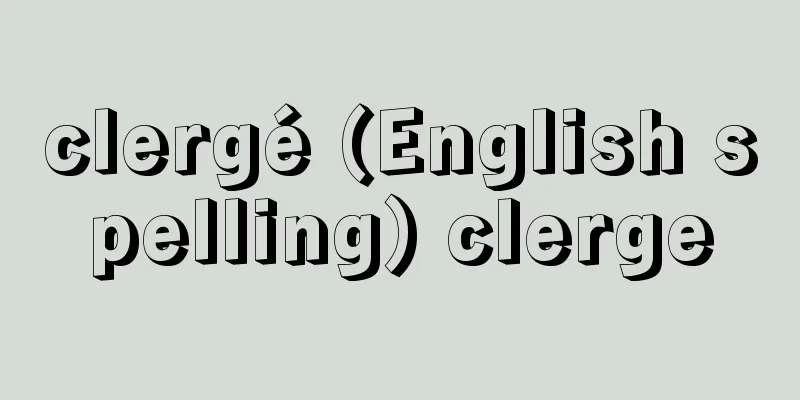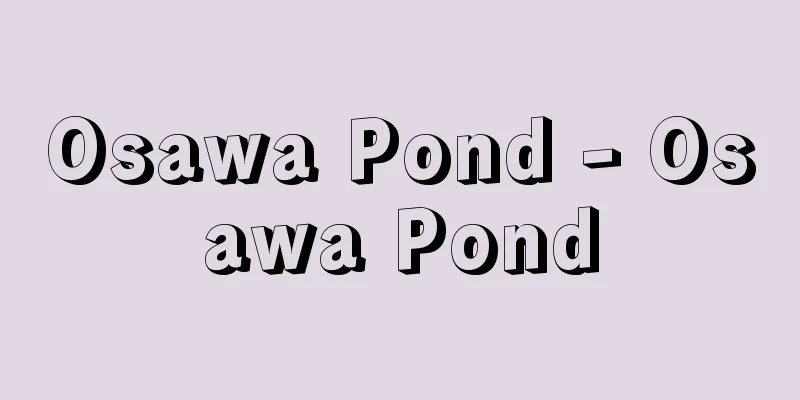George Cukor

|
American film director. Born in New York. Of Hungarian-Jewish descent. Fascinated by theater from an early age, he became stage manager at a Chicago theater company in 1919. The following year, he became a resident director at a theater company in Rochester, New York, and eventually directed the great actress Ethel Barrymore (1879-1959) on Broadway. Around this time, Hollywood, which had just achieved talkies, was looking for people who could instruct actors on their lines, and he was one of those people who joined Paramount in 1929. He was recognized for his line instruction on All Quiet on the Western Front (1930, directed by Lewis Milestone, 1895-1980). In 1930, he co-directed The Thunder Dad with Cyril Gardner (1898-1942). It was common practice at the time to pair a veteran filmmaker from the silent era like Gardner with a stage director who could provide dialogue guidance. He made his debut with A Woman with a Tainted Heart in 1931, but clashed with Paramount over the credits for A Little Bit of a ... During this time, Cukor established a reputation as a master of "women's films" skilled at directing actresses, and worked on many elegant and literary subjects. His witty personality earned him the trust of actresses, and he directed Greta Garbo in La Traviata (1937), as well as The Women (1939), which featured an all-star female cast including Norma Shearer (1900-1983) and Joan Crawford. His collaboration with Katharine Hepburn, who was also his close friend in private life, was particularly famous, capturing her at her most brilliant in a total of nine films, including Little Women (1933), Dressed as a Man (1935), A Wonderful Holiday (1938), and The Philadelphia Story (1940), including television movies. In the 1940s, Garbo's films such as "The Two Faces" (1941) were box office flops, but she eventually recovered with screenplays by Garson Kanin (1912-1999), releasing "Mr. Adam and Madame" (1949) and "Born Yesterday" (1950). He continued to bring out the best in his actresses, such as Mitzi Gaynor (1931-) in "Paris" (1957), Sophia Loren in "The Wild West" (1960), and Audrey Hepburn in "My Fair Lady" (1964), for which he won the Academy Award for Best Director. Additionally, A Star Is Born (1954), starring Judy Garland, demonstrated new possibilities for CinemaScope that went beyond simply selling its size. Cukor's modest style of film, which never strayed from Hollywood norms, was sometimes looked down upon, but he achieved unparalleled results by being a part of the system rather than disrupting it, and he was the director who embodied the studio system of Hollywood's Golden Age. Jacqueline Bisset (1944- ) followed François Truffaut's recommendation and asked Cukor to direct her starring film, Best Friends (1981). This was Cukor's last film. [Fujii Yoshiko] Documents List of Director's Works Grumpy (1930) [co-directed with Cyril Gardner] "Me: The Autobiography of Katharine Hepburn" (Bunshun Bunko), written by Katharine Hepburn and translated by Mikio Shibayama. "Gavin Lambert, Robert Trachtenberg ed. On Cukor (2000, Rizzoli, New York)" [References] | | | | | |Source: Shogakukan Encyclopedia Nipponica About Encyclopedia Nipponica Information | Legend |
|
アメリカの映画監督。ニューヨークに生まれる。ハンガリー系ユダヤ人の血を引く。幼いころから演劇に傾倒、1919年シカゴの劇団の舞台主任となる。翌年ニューヨーク州ロチェスターの劇団で座付き演出家となり、やがてブロードウェーで大女優エセル・バリモアEthel Barrymore(1879―1959)を演出するまでになる。このころ、トーキー化を実現したハリウッドは俳優に台詞(せりふ)を指導できる人材を求めており、その一人として1929年、パラマウントに入社。『西部戦線異状なし』(1930。監督ルイス・マイルストンLewis Milestone、1895―1980)の台詞指導で認められる。1930年『雷親父』をシリル・ガードナーCyril Gardner(1898―1942)と共同監督。ガードナーのようなサイレント時代からのベテラン映画人と、台詞を指導できる舞台出身の演出家にコンビを組ませるのが当時の流儀であった。1931年『心を汚されし女』で一本立ちするが、エルンスト・ルビッチと共同監督した『君とひととき』(1932)のクレジットをめぐってパラマウントと衝突、プロデューサーのデビッド・O・セルズニックについてRKO、さらにはMGMに移籍した。1936年にセルズニックが自分の会社を興すとMGMとかけ持ちで契約、ハリウッド一高給取りの監督になったが、『風と共に去りぬ』(1939)でセルズニックの不興を買い、撮影開始後わずか10日で監督の座を追われた。 この間、キューカーは女優の演出に長(た)けた「女性映画」の達人として名声を確立、優雅で文芸色の強い題材を多く手がけた。ウィットに富んだ人柄で女優からの信頼は厚く、『椿姫』(1937)でグレタ・ガルボの演出を任されたほか、ノーマ・シアラーNorma Shearer(1900―1983)、ジョーン・クロフォードら女性オールスター・キャストでその名も『女性』The Women(1939)を監督している。とりわけ私生活でも親友だったキャサリン・ヘップバーンとのコンビは有名で、『若草物語』(1933)、『男装』(1935)、『素晴らしき休日』(1938)、『フィラデルフィア物語』(1940)など、テレビ映画を含めた全9本で彼女のもっとも輝かしい姿をフィルムに焼き付けた。 1940年代は、結果的にガルボの引退を早めた『奥様は顔が二つ』(1941)など興行的に低迷したが、やがてガーソン・カニンGarson Kanin(1912―1999)の脚本を得て復調、『アダム氏とマダム』(1949)、『ボーン・イエスタデイ』Born Yesterday(1950)などを世に放った。その後も『魅惑の巴里(パリ)』(1957)のミッチー・ゲイナーMitzi Gaynor(1931― )、『西部に賭ける女』(1960)のソフィア・ローレン、『マイ・フェア・レディ』(1964)のオードリー・ヘップバーンなどで女優たちの魅力を最大限に引き出し、『マイ・フェア・レディ』ではアカデミー最優秀監督賞を獲得した。またジュディ・ガーランド主演の『スタア誕生』(1954)は、単に巨大さを売り物にしたのとは異なるシネマスコープの新たな可能性を提示した。 けっしてハリウッドの規範から逸脱しないキューカーの慎ましい作風は、ときに軽んじられたが、システムを壊乱するのではなく、その一部に徹しきることによって比類ない成果を上げたキューカーこそは、ハリウッド黄金期の撮影所システムを一身に体現した監督であった。ジャクリーン・ビセットJacqueline Bisset(1944― )はフランソワ・トリュフォーの推薦に従って、自身の主演作『ベストフレンズ』(1981)の監督にキューカーを希望した。そして、これがキューカーの最後の作品となった。 [藤井仁子] 資料 監督作品一覧雷親爺[シリル・ガードナーと共同監督] Grumpy(1930) 『キャサリン・ヘプバーン著、芝山幹郎訳『Me キャサリン・ヘプバーン自伝』(文春文庫)』▽『Gavin Lambert, Robert Trachtenberg ed.On Cukor(2000, Rizzoli, New York)』 [参照項目] | | | | | |出典 小学館 日本大百科全書(ニッポニカ)日本大百科全書(ニッポニカ)について 情報 | 凡例 |
Recommend
Aidoo, AA (English spelling) AidooAA
…However, the movement to redefine popular histor...
Sumako Fukao
Poet. Her real name was Ogino Shigeno. She was bo...
Ankaiken
…A Goryeo civil servant and scholar. His name was...
BART
Abbreviation for San Francisco Bay Area Rapid Tran...
Morning glory city - Morning glory city
The morning glory market is held on the festival ...
Funeral group - Soushikigumi
A group of families that help each other out duri...
Kaolin degree - Kaorindo
...It is also called a turbidity meter or a nephe...
Epitadeus - Epitadesu (English spelling)
Date of birth and death unknown. Ephor (superviso...
Kashrut (English spelling) kashruth/kashrut
Kosher is a Jewish dietary law that divides ingred...
Christmas tree
A coniferous tree such as a fir tree decorated wit...
perforation
… Perforations are small holes made on all four s...
Maritime Traffic Safety Act
This law, Act No. 115 of 1972, aims to ensure saf...
Ouchterlony's method
…The principle behind the formation of precipitat...
Clover Moss - Clover Moss
... P . aphthosa (L.) Willd., which is common on ...
Fujiwara no Michitoshi - Michitoshi Fujiwara
A poet of the late Heian period. Son of Tsunehira...









